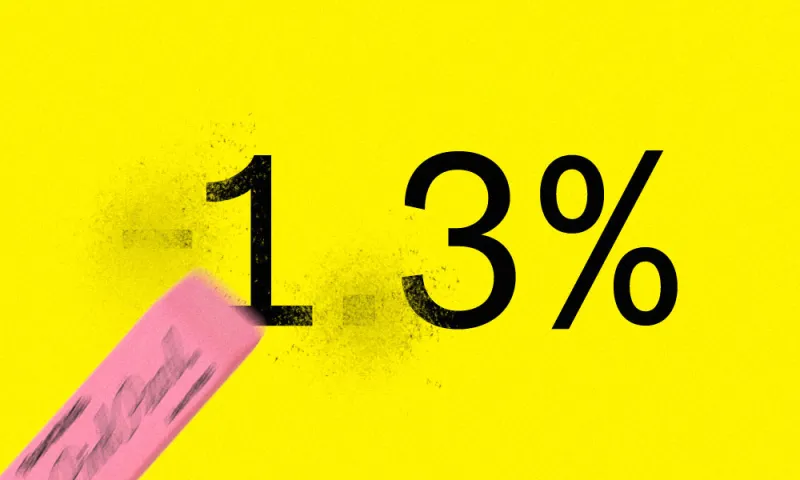Smart Beta Managers Are Boasting ‘Utterly Implausible’ Returns, Research Affiliates Says
Fund managers are using backtests to claim their strategies have delivered outperformance that, according to Research Affiliates, no asset manager has ever exhibited.

